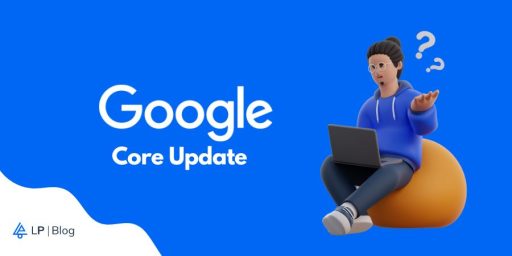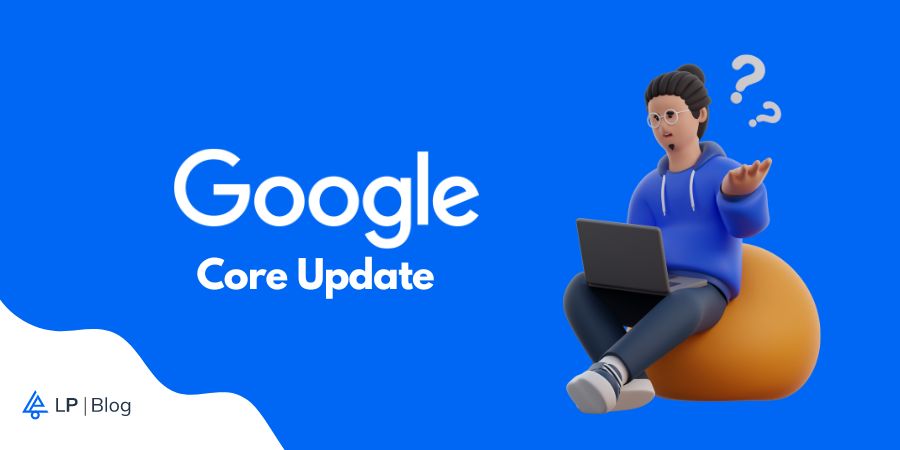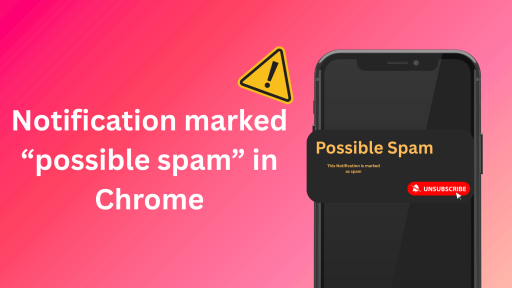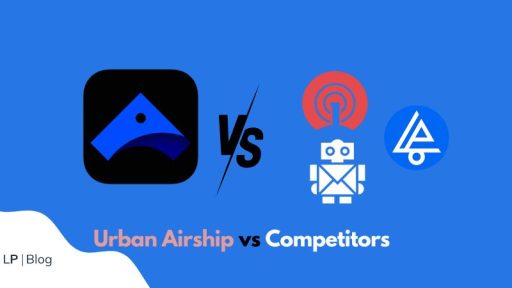SEOs were still struggling to cope with Google’s Helpful Content Update yet, and Google slammed them again with its spam and core update on March 5, 2024. And this time, Google really hit them hard.
I mean many big sites, including but not limited to fresherslive.com and reptileknowledge.com, that were receiving well over 10 million visitors from Google and other search engines have now completely vanished from SERPs.
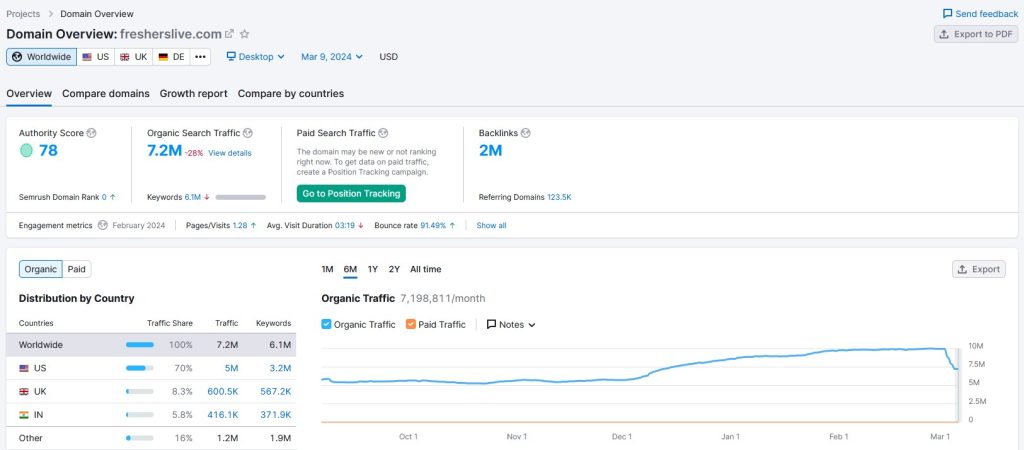

And these are just a few names — thousands of big sites from known names, such as Julian Goldie and others, have been fully deindexed from search results.
Being such a big matter, everyone has their own views on this March 2024 Google Spam and Core update.
The internet is full of SEOs commenting SEO is dead, AI blogging is dead, Google is slamming SEOs, and so on.
But is this really the case? We will figure it out in this article.
Understanding the Google Core Update
The Google March 2024 Spam update isn’t just about rewarding helpful content; it also cracks down on various spam tactics that manipulate search results.
Here is a quick breakdown of the update –
Expired Domain Abuse
Google has emphasized the abuse of expired domains in this update, mentioning, “Expired domain abuse isn’t something people accidentally do. It’s a practice employed by people who hope to rank well in Search with low-value content by using the past reputation of a domain name. These domains are generally not intended for visitors to find them in any other way but through search engines.”
After reading this, many SEOs started talking about the end of Expired domain SEO, as Google has officially announced. But is it really the case?
It will shock you, but Google addressed the practice of using expired domains back in 2003, mentioning that the authority for a domain will be reset when a domain expires.
Yet, we could see that the expired domain strategy is working fine for grey and black hat SEOs, right?
But wait, when addressing the abuse of expired domains in this March update, Google further mentioned that “It’s fine to use an old domain name for a new, original site that’s designed to serve people first.”
What I could understand from it is that Google is fine with the use of expired domains, but Google will strictly scrutinize these domains. And is this something new?
I mean, the use of expired domains has always been a risk, right? So why are SEO experts so worried about it now?
Expert Tip: If you’re a beginner, I’d say to stick with the fresh domain and SEO basics only. Don’t fall into the trap of “Advanced SEO,” as the basics are more than enough unless you’re fighting with big sharks in the industry.
Scaled Content Abuse
Next, SEOs are saying that this update has confirmed that Google is against AI-generated content because it has slammed AI Gurus like Julian Goldie and Jacky Chou.
While is it true, is it really the case?
In this update, Google has addressed that “Scaled content abuse is when many pages are generated for the primary purpose of manipulating Search rankings and not helping users. This abusive practice is typically focused on creating large amounts of unoriginal content that provides little to no value to users, no matter how it’s created.”
Google further mentioned that “This new policy builds on our previous spam policy about automatically-generated content, ensuring that we can take action on scaled content abuse as needed, no matter whether the content is produced through automation, human efforts, or some combination of human and automated processes.”
What I could see and understand here is that Google has said that Google is against content abuse, whether the content is generated using AI, human efforts, or a combination of both.
Being a Technical Writer myself, I can strongly say that Google is not against AI-generated content because there is no way any algorithm or tool can detect whether the content is created using AI, and even OpenAI has confirmed it.
But the question is – why so many of these sites have been taken down?
And the simple answer is – scaled content abuse and promoting AI content.
As you can see, almost all of these sites that are now deindexed from Google have received manual penalties. And some of these sites were 5-10 years old.
For example, have a look at gpucheck.com, a domain that was purchased in late 2018.
This website was receiving well over a million monthly visitors (According to their website), and all of a sudden, it disappeared from SERPs.

Why? Because the website had well over 2,240,448 indexed pages.
And this is not the only example. I have analyzed a long list of websites that were doing fine until this March update. And the pattern is quite the same for all other websites that have now vanished from search results.
Okay, got it, the content is the issue. Then, how to proceed further?
There are two ways to proceed further –
- First, hire Subject Matter Experts to write content for you. I know most SEO Experts wouldn’t do this because SMEs charge a good amount of money to write content.
- Second, at least hire SMEs to review or publish content under their name.
Whatever method you’ll pick, you will be doing something that Google loves a lot and probably is the future of SEO.
You guessed it right; it is EEAT.
Site Reputation Abuse
It is the last thing Google mentioned in this core update, and this is what I’m most excited about.
By this, Google is basically saying that it will not entertain parasite SEO at all, but would Google do that? Well, that’s the elephant in the room, right?
Site reputation abuse isn’t something new, and SEOs and marketing agencies have been leveraging it for years.
For example, there is this agency called Norcal Marketing that used parasite SEO to its full extent to rank for some highly competitive keywords like the “Best Identity Theft Protections” or “Weight Loss Pills.”
How they did do it? Well, using the site reputation of websites like Times Union and The Dallas Morning News.
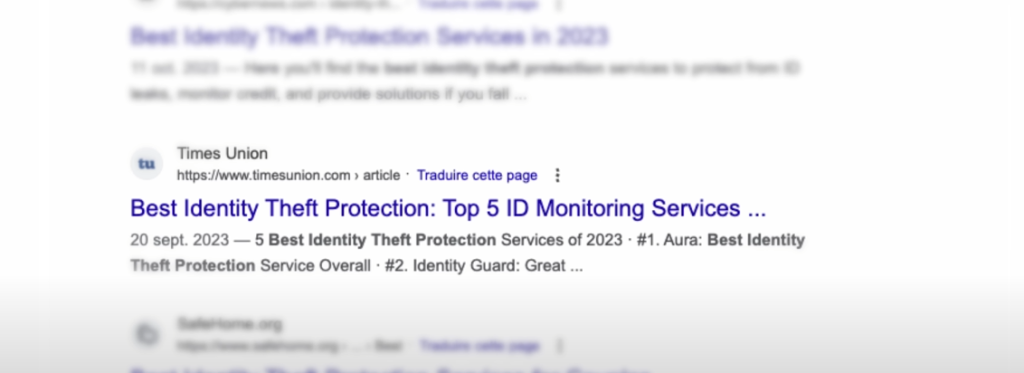
And it can only be understood when you read the page thoroughly.
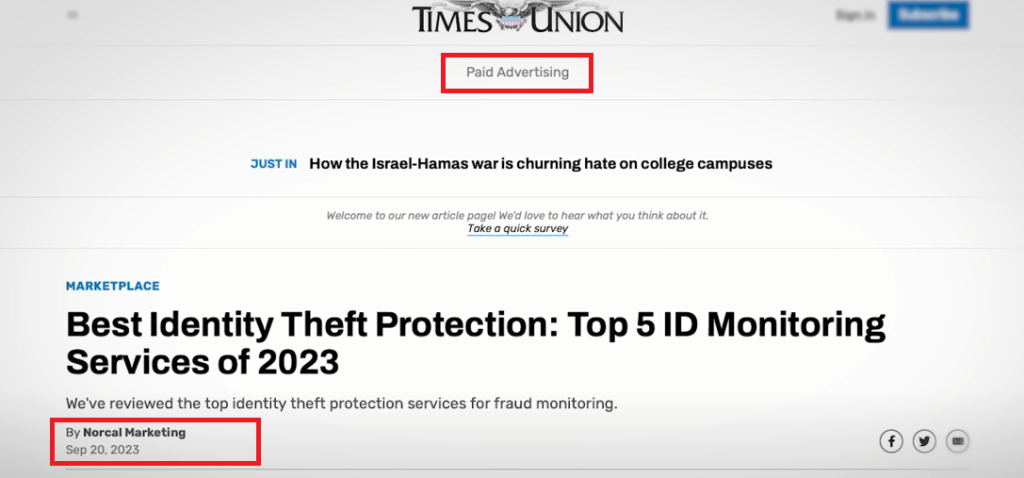
Norcal Marketing isn’t the only marketing agency doing it. Jonathan and Ascend Agency, which booked over $5 million in revenue in 2021, by doing parasite SEO only.
And trust me, this is the ideal parasite SEO technique I’m talking about.
There are other techniques that include leveraging platforms like LinkedIn and Medium, and they are doing fine, too.
Google, while discussing site reputation abuse, stated quite the same. Google said, “Such third-party pages [referring to parasite SEO pages] include sponsored, advertising, partner, or other third-party pages that are typically independent of a host site’s main purpose or produced without close oversight or involvement of the host site, and provide little to no value to users.”
Google further mentioned, “Our new policy doesn’t consider all third-party content to be a violation, only that which is hosted without close oversight and which is intended to manipulate Search rankings.”
With all that, what I could understand is that Google isn’t against sponsored posts or other types of advertising.
That said, if you have a tech blog and you’re publishing health-related content, then sorry for you, my friend, but Google may come after you.
And the same happened with our first example, fresherslive.com, as the website had a lot of casino related content.

Closing Comments
There you have it – my two cents on this Google Core Update of March 2024.
That said, I am not saying what I’ve written above is 100% true. This is basically the report of my analysis and my understanding of the topic.
I understand that you may have a different opinion than me, and I’d love to hear that. So, feel free to share what you think about this Google Core Update in the comment section below.
With that said, here I am wrapping up this article. I hope it was a helpful read for you.
